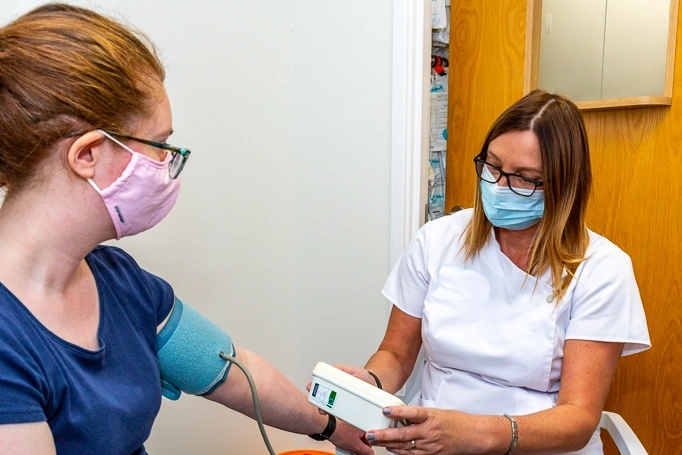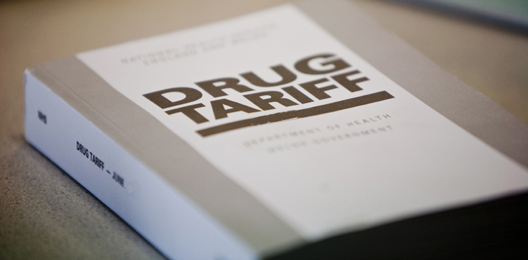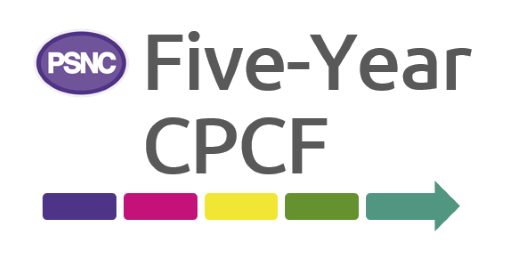More pharmacies to participate in C-19 booster programme
Earlier this week, the Joint Committee on Vaccination and Immunisation (JCVI) published their interim advice on COVID-19 vaccine boosters for certain cohorts of the population, including frontline health and care workers.
They have advised that:
- any booster programme should begin in September 2021;
- where possible, a synergistic approach to the delivery of C-19 and flu vaccination could support delivery and maximise uptake of both vaccines; and
- any potential C-19 booster programme should be offered in two stages, with frontline health and care workers included in the first stage.
Following the publication of that advice, NHS England and NHS Improvement (NHSE&I) published a letter setting out early guidance for the NHS on planning for a C-19 booster programme – referred to as phase 3 of the vaccination programme.
This guidance reflects extensive planning which has been undertaken over recent months at a national level, including applying the learning from the first two phases of the vaccination programme.
While there are still several key facts that are outstanding, such as which vaccines will be used in a booster programme and whether it will be safe to co-administer C-19 and flu vaccines to eligible patients, the guidance provides planning assumptions that integrated care systems and NHSE&I regional teams can apply to local planning ahead of various clinical trials reporting and the JCVI making final recommendations on the booster programme. These include:
- planning to deliver booster doses of C-19 vaccine to the individuals outlined in the JCVI interim guidance between 6th September and 17th December 2021 (15 weeks), as quickly and safely as possible in two stages using the vaccine supply available to the NHS over that period;
- co-administering flu vaccines in a single appointment, where supply and eligibility of cohorts align;
- deploying delivery models with capacity spread across community pharmacy, vaccination centres and general practice;
- considering the best delivery access for their population requirements, making the most of community pharmacy, pop ups, mobile units and other approaches; and
- maximising use of existing NHS estate and commissioned provider premises (such as community pharmacies) first, before using alternative commercial premises.
NHSE&I also states:
Recognising their contribution in Phases 1 and 2, we intend to add an additional 1000 community pharmacy sites in the run up to September to support Phase 3 delivery, subject to interest and system need. These will provide reach into underserved communities, increase weekend and evening vaccination capacity, and ease workforce pressures across primary care teams.
NHSE&I intend to publish the general practice and community pharmacy service specifications for Phase 3 in the first part of July with a view to confirming those contractors who would like to participate in mid to late July.
Earlier this week, NHSE&I’s national team provided a briefing on the programme at a PSNC organised meeting to which all LPCs were invited. Over the next few weeks, NHSE&I regional teams will be working initially with LPCs and then seeking expressions of interest from contractors to participate in phase 3 of the vaccination programme. NHSE&I are expected to send further information on making an expression of interest to all contractors via their regional teams.
Commenting on the developments, Alastair Buxton, Director of NHS Services at PSNC said:
“PSNC believes community pharmacies are ideally placed to play a significant role in the COVID-19 vaccination booster programme, particularly given their incredible track record on flu vaccinations and the work of the 600+ pharmacies already administering COVID-19 vaccines.
“We have been advocating for this for several months in discussions with the NHS and DHSC, so this latest planning guidance is a welcome development.
“Pharmacies would be well placed to co-administer both C-19 and flu vaccinations to patients, freeing up GPs to focus on catching up with the backlog of care which has resulted from the pandemic. However, the logistical complexities of the programme for the NHS and the availability of vaccines means many pharmacies will not be able to offer C-19 vaccination and co-administration therefore presents a risk that some pharmacies may see a reduction in demand for flu vaccination.
“This is a risk we have repeatedly raised with NHSE&I and DHSC over recent months. They fully understand the issue and also believe the demand for flu vaccinations this year will be very high; PSNC is continuing to press them to put in place measures to mitigate the risk, to ensure all available flu vaccine stock is administered to patients.”








